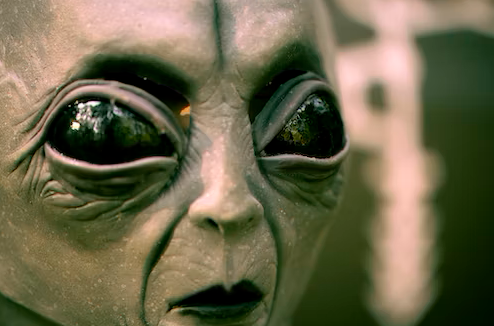
Alien Dreams
The article explores the historical development of speculation about extraterrestrial beings and other worlds. It begins by highlighting humanity's inclination to feel small when gazing at the vastness of the universe, and how this has led to stories about gods, spirits, and otherworldly entities throughout history. It traces the origins of the idea of other worlds to ancient Greece, with Anaximander proposing that Earth is one of many floating in an infinite void. The concept of the "plurality of worlds" gained momentum with philosophers like Democritus and Epicurus, who suggested that the universe is filled with countless worlds inhabited by diverse races.
The article then discusses the clash between these ideas and religious beliefs, particularly within the Christian tradition, which largely rejected the idea of extraterrestrial life. It notes the challenges presented to thinkers who believed in the plurality of worlds, such as Giordano Bruno, who was persecuted by the Catholic Church.
The article concludes with Percival Lowell's belief in canals on Mars, an idea that captured the public's imagination, even though it was later debunked. It emphasizes how the idea of extraterrestrials has had a lasting impact on human culture and imagination, despite the absence of concrete evidence for their existence.
Read the full story here: https://thereader.mitpress.mit.edu/history-speculation-about-aliens/



